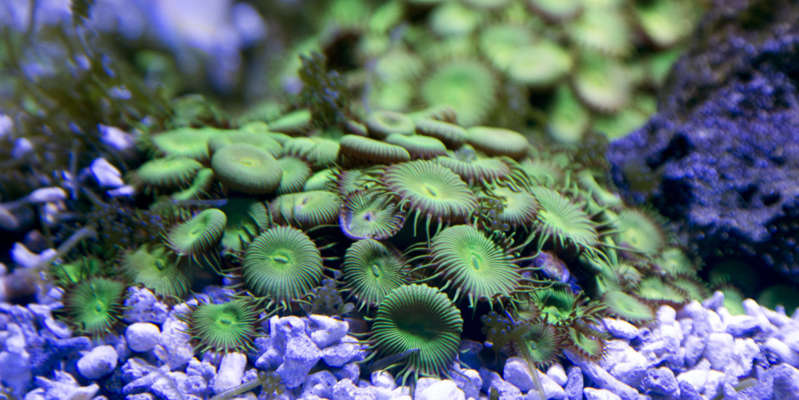
Scientists report massive deaths of corals around the world due to climate change
The oceans have lost about 14% of corals. This happened in the period from 2009 to 2018, according to The Guardian , citing a report published by the Global Coral Reef Monitoring Network. Specialists have carefully studied the state of coral reefs and found that in less than 10 years the world has lost 11,700 square meters. corals. This is more than the area of all living reefs in Australia. The report presented data collected by 300 experts from 73 countries over 40 years.
Scientists see the reason for the massive loss of corals in their bleaching, which is provoked by an increase in water temperature. One such color loss process in 1998 resulted in the destruction of eight percent of all corals. The largest negative impacts on reefs were recorded in the Indian Ocean, Japan and the Caribbean.
Experts have been sounding the alarm for a long time. Climate change poses a huge threat to coral safety, they said. However, the released report is a bit reassuring: scientists noticed that many reefs were still able to survive the negative external influences and retain the potential for recovery under the right conditions.
Note that coral reefs cover only 0.2% of the ocean floor, but they are home to at least a quarter of all marine life. In addition to rising water temperatures, coral deaths have been linked to uncontrolled fishing, unsustainable coastal development and deteriorating water quality.
Earlier, scientists from the Zoological Society of London found that in just two years, two-thirds of the corals died in the central Indian Ocean. Research has shown that this region has experienced two waves of anomalous heat, which followed one after the other. The Chagos archipelago became the object of attention of scientists. In 2015, an unusually high sea water temperature was established around the reefs, which lasted for eight weeks. After that, the number of healthy corals was reduced by 60%.

